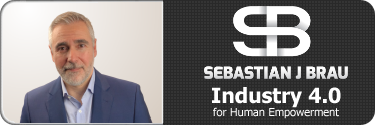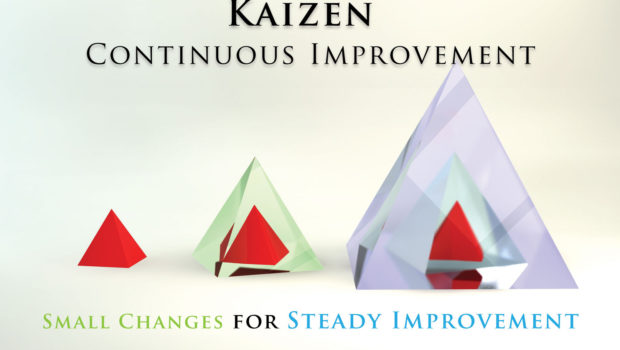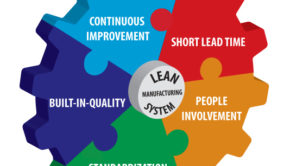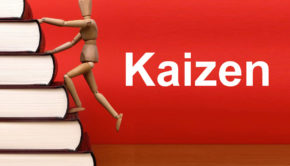Years ago, I cycled across Thailand to Cambodia as part of a Gulf For Good cause, and learned a few things that have stayed with me.
We were a mixed bag of abilities, sizes, drives – you name it. It was tough going with us on the saddle for most of the day, with surprisingly steep climbs that turned into scarily speedy descents. We quickly developed individual coping mechanisms – and those who didn’t suffered. One thing that worked for most was not to focus on the top of the ascent, but to see what we were up against, then put heads down and concentrate on one chunk of time, distance or obstacle to get past at a time.
Breaking things up like this meant that we could feel good about hitting that smaller, more manageable, defined target, giving us impetus to go for the next bit, and the next, until we got to that evening’s camp.
The other realisation is that we each learned what worked for us as we went along. This was a two-week trip of at least eight hours solid biking each day so what we learned about our bodies, our buddies and the hardware we were using, could be applied straight away. We developed our own way of dealing with turns, tumbles and terrain – ways that worked for each of us.
And these two nuggets – the first: breaking things up into smaller, doable chunks, and the second learning through doing, then implementing change, learning again through doing it differently, implementing a new bit of change as we went along, these are the things that have stayed with me.
And I’ve just discovered that there’s a name for it: kaizen.
So. Happy new year, and merry Kaizen to you. Kaizen – it’s my word not just this year, but every year and every day for the rest of my life. It’s a Japanese word – and it simply means: change for better.
Cycling trips aside, a lot of what we process revolves around how we live, work, deal with money related issues, and how we manage our energy, resources and time. It’s every aspect of life.
Kaizen is here to help. It’s a daily process and a way of life as far as I’m concerned. It combines many things, including experiential learning and root cause analysis. It’s about small-scale doing, learning, implementing, that’ll bring mega results.
Looking at the big picture can be disabling – how are we ever going to clear that much debt/ save that much money for a deposit/ afford having another child.
Whatever your phase of life, or money dilemma, breaking things down into small, manageable chunks is key, but that alone won’t bring about permanent change for the better.
This is why I like the idea of Kaizen.
This is how it works: You make a small change, you monitor outcome, you then adjust what you’re doing to make your system work better, and replicate the process with another issue.
This way of doing things has been used for years in big business such as Toyota – the world’s best selling carmaker every year since 2008 – bar 2011, the year of the tsunami. Surely adapting how the company does things for you to benefit must be a good thing.
This Kaizen kind of approach can change your financial wellbeing one step at a time, not only because of the results you’d get, but because it’ll show you root causes, and get you to learn through experience – or more specifically: learn through reflection on doing – which sounds terribly ‘new age’ but is vital. It means stepping away from being told what to do, and learning from yourself, from your individual unique life and way of doing things.
Choose just one thing. Make it specific and give it a time-frame. For example: I want to clear Dh30,000 of debt within six months. Don’t say you’re going to clear all your debt – you will if you stick with things, including drilling down into smaller, more manageable chunks.
Keep it simple.
Don’t lie to yourself: if you’re not honest with yourself, about yourself, you’ve little chance of hitting your target. Keeping a diary and writing down everything you did for the day, how it made you feel, and whether it’s working can help you be honest with yourself.
Make it personal. Very personal. This isn’t about a grandiose sweeping statement. This is about your unique life, aspirations, limitations and reality. Give your money goals – define your pots: ‘Thailand trip money’ and ‘George’s birthday party’. There’s less chance you’ll be dipping into, or not put money aside when you personalise things.
Decide how you’re going to go about it. Be practical and real. If you can’t face packing every work-lunch for six months then why not pack two, buddy up with a friend who’ll pack another two (you pack for them when it’s your day) and have leftover pot-luck one lunchtime a week?
To stay on track, you must want to do it. This is called the intention to learn.
Once a week, step away and think about what you’re doing and the result it’s having – this is your active phase of learning. Next, take the good and change what’s not working.
Keep doing this until you have your one defined goal nailed.
Move onto the next things.
Repeat with every aspect of life, for ever.
Here’s to continuous improvement. With time, you can get over being saddle-sore. A financial hole however can puncture your life journey for ever.
Happy Kaizen to you, every day of every year.









